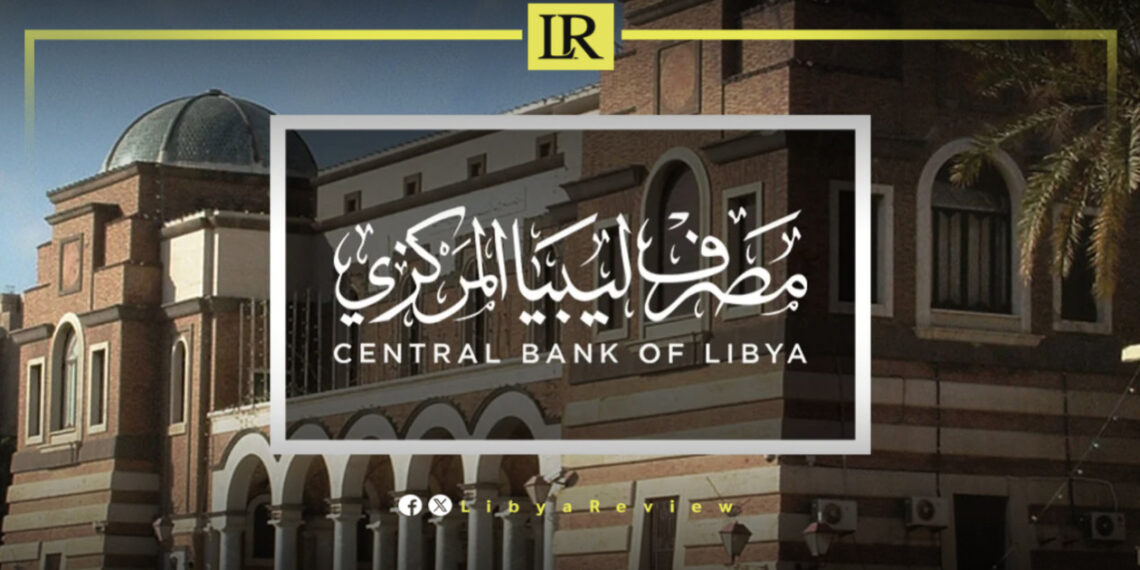On Sunday, the Central Bank of Libya (CBL) announced that licensed currency exchange companies and offices are now permitted to sell foreign currency to the public at a maximum profit margin of 7% over the official rate offered by the Central Bank to commercial banks.
The directive, issued by Abdelmajid Mohamed Al-Maqouri, Director of the Banking and Currency Supervision Department at the CBL, was formally communicated to all licensed exchange companies operating in the country.
This policy shift is part of the CBL’s broader efforts to regulate and stabilize the foreign exchange market, reduce reliance on informal currency trading, and offer greater access to foreign currency through legitimate, supervised channels.
The Central Bank confirmed that it will implement a strict oversight mechanism, including routine field inspections, to ensure that exchange offices comply fully with regulatory standards.
These inspections are intended to monitor how the companies apply the new pricing framework and to safeguard consumers from potential abuse or manipulation.
The CBL also warned that any violations of the directive would result in legal action under Law No. 1 of 2005, which governs banking and financial institutions in Libya. Sanctions could include suspension or permanent revocation of licenses for companies that fail to comply.
This move comes amid broader economic and monetary challenges in Libya, including pressure on the dinar and efforts to unify national fiscal policy.
By authorizing controlled foreign exchange sales through the private sector, the CBL aims to increase transparency, reduce black-market activity, and enhance public trust in the formal banking and exchange systems.


